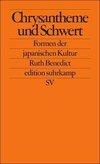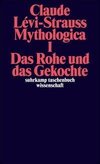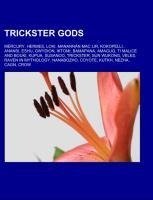
-
 Anglický jazyk
Anglický jazyk
Trickster gods
Autor: Source: Wikipedia
Source: Wikipedia. Pages: 46. Chapters: Mercury, Hermes, Loki, Manannán mac Lir, Kokopelli, Anansi, Eshu, Gwydion, Iktomi, Bamapana, Amaguq, Ti Malice and Bouki, Kupua, Susanoo, Trickster, Sun Wukong, Veles, Raven in mythology, Nanabozho, Coyote, Kutkh,... Viac o knihe
Na objednávku
15.66 €
bežná cena: 17.40 €
O knihe
Source: Wikipedia. Pages: 46. Chapters: Mercury, Hermes, Loki, Manannán mac Lir, Kokopelli, Anansi, Eshu, Gwydion, Iktomi, Bamapana, Amaguq, Ti Malice and Bouki, Kupua, Susanoo, Trickster, Sun Wukong, Veles, Raven in mythology, Nanabozho, Coyote, Kutkh, Nezha, Cagn, Crow, Ame-no-Uzume-no-Mikoto, Wisakedjak, Huehuecoyotl, Azeban, Sosruko, Anrita, San Martin Txiki, Heyeohkah. Excerpt: In Norse mythology, Loki is a god or jötunn (or both). Loki is the son of Fárbauti and Laufey, and the brother of Helblindi and Býleistr. By the jötunn Angrboða, Loki is the father of Hel, the wolf Fenrir, and the world serpent Jörmungandr. By his wife Sigyn, Loki is the father of Nari and/or Narfi. And with the stallion Svaðilfari as the father, Loki gave birth-in the form of a mare-to the eight-legged horse Sleipnir. In addition, Loki is referred to as the father of Váli in the Prose Edda. Loki's relation with the gods varies by source. Loki sometimes assists the gods and sometimes causes problems for them. Loki is a shape shifter and in separate incidents he appears in the form of a salmon, mare, seal, a fly, and possibly an elderly woman. Loki's positive relations with the gods ends with his role in engineering the death of the god Baldr. Loki is eventually bound by the gods with the entrails of one of his sons. In both the Poetic Edda and the Prose Edda, the goddess Skaði is responsible for placing a serpent above him while he is bound. The serpent drips venom from above him that Sigyn collects into a bowl. However, she must empty the bowl when it is full, and the venom that drips in the mean time causes Loki to writhe in pain, thereby causing earthquakes. With the onset of Ragnarök, Loki is foretold to slip free from his bonds and to fight against the gods among the forces of the jötnar, at which time he will encounter the god Heimdallr and the two will slay each other. Loki is attested in the Poetic Edda, compiled in the 13th century from earlier traditional sources; the Prose Edda and Heimskringla, written in the 13th century by Snorri Sturluson; the Norwegian Rune Poem, in the poetry of skalds, and in Scandinavian folklore. Loki may be depicted on the Snaptun Stone, the Kirkby Stephen Stone, and the Gosforth Cross. Loki's origins and role in Norse mythology have been much debated by scholars. The etymology of the name Loki has yet to be solved. It may be re
- Vydavateľstvo: Books LLC, Reference Series
- Rok vydania: 2022
- Formát: Paperback
- Rozmer: 246 x 189 mm
- Jazyk: Anglický jazyk
- ISBN: 9781155649795

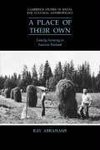

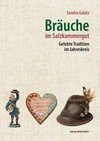
 Nemecký jazyk
Nemecký jazyk 


